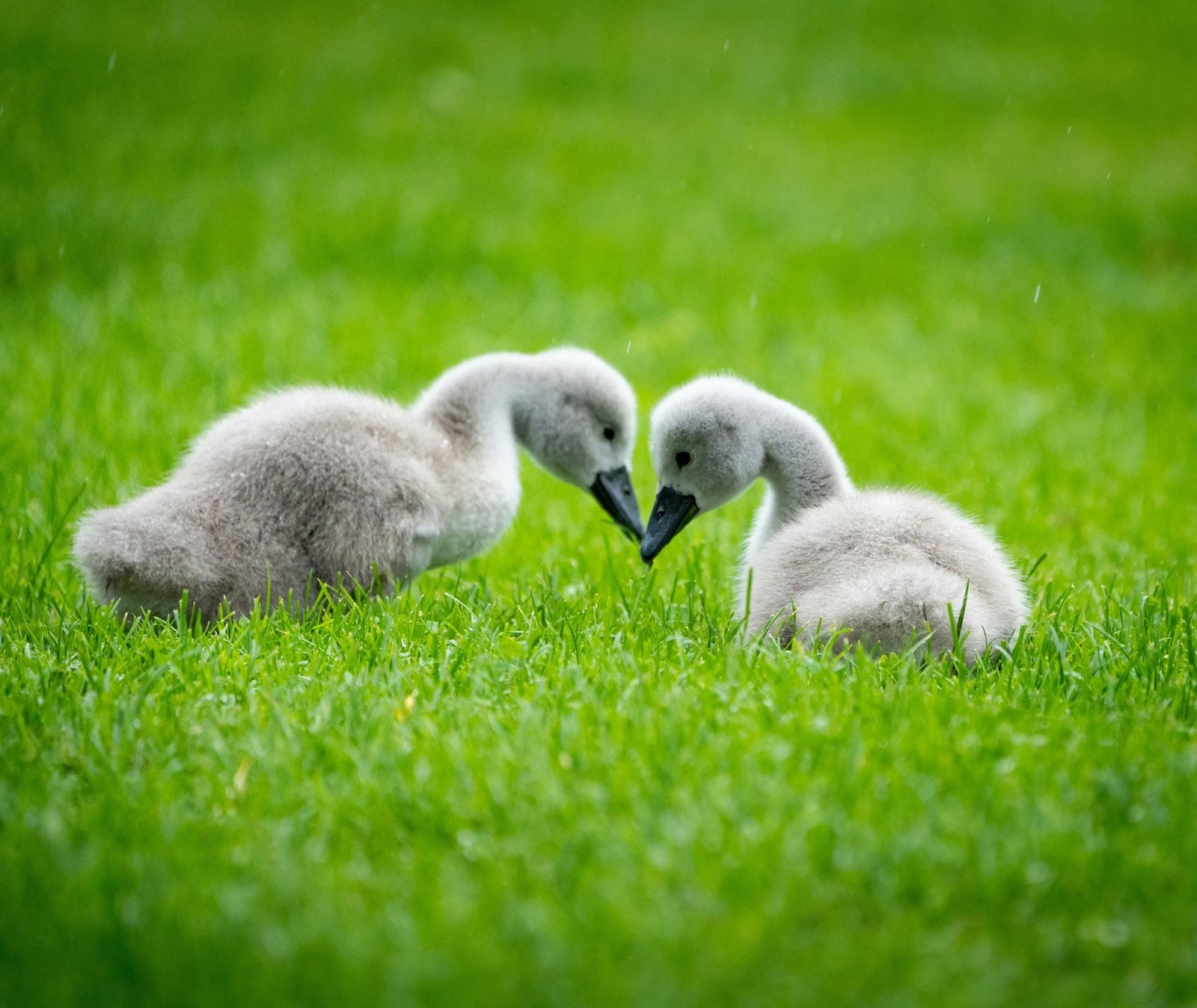In the heart of Extremadura, Spain, a small farm is quietly challenging one of the most controversial practices in gastronomy. At La Patería de Sousa, foie gras is produced without force-feeding, relying instead on the natural migratory instincts of geese to create a product that is as rich in flavor as it is in ethics. Unlike the industrialized foie gras farms that rely on gavage (the force-feeding of ducks or geese), these birds roam freely, feasting on acorns and wild grasses, storing fat in their livers as they would in the wild. The result? A foie gras that not only rivals traditional methods in taste but also aligns with a growing demand for humane, sustainable food production.
Foie Gras Without Force-Feeding: A Revolutionary Approach
La Patería de Sousa’s foie gras is unique because it is entirely natural. The result? A rich, buttery foie gras that mirrors the traditional delicacy in flavor and texture—without the ethical baggage. This method, rooted in patience and respect for the natural cycle, is a stark contrast to conventional mass-production techniques.
The journey of La Patería de Sousa speaks to a broader shift in the culinary world—one that prioritizes ethical sourcing and respects the natural rhythms of animals and ecosystems. It’s a philosophy that echoes through the work of forward-thinking farmers, chefs, and food innovators across the globe, from the pastures of France to the urban farms of Ho Chi Minh City.
This philosophy echoes principles that are close to my heart: respect for the process, allowing quality to develop organically rather than through artificial acceleration. In the kitchen and in business, forcing results rarely produces excellence; it’s the patient, thoughtful approach that stands the test of time.
Vietnam’s Role in the Ethical Food Movement
Vietnam, with its deep culinary heritage and growing food-conscious younger generation, is becoming an unexpected player in the sustainable food industry. Farmers and entrepreneurs are challenging conventional wisdom by emphasizing organic and locally sourced ingredients. A prime example is Orlar, a company utilizing high-tech vertical farming and proprietary inputs to create “the world’s most efficient food production technology” .
Their commitment to sustainable development aims to transform lives and landscapes through high-intensity, high-efficiency production of clean food, creating jobs for low-income communities, improving health outcomes, and restoring degraded lands. Orlar’s approach not only focuses on food production but also on creating sustainable livelihoods, reducing inequality, and lifting vulnerable populations out of poverty. This aligns with the broader ethical food movement’s goals of environmental sustainability and social responsibility.
At Shutta, we work with young innovators who reflect this same mindset—challenging norms, iterating solutions, and refusing to accept that “the way things have always been done” is the only way forward. Just as La Patería is transforming foie gras, and Orlar is disrupting farming, we believe in redesigning outdated systems for better, more sustainable outcomes.
Rethinking the Future of Luxury Food
What makes a luxury ingredient luxurious? Is it its scarcity? Its price tag? Or should true luxury be defined by the care, respect, and effort put into its creation?
For centuries, foie gras has been synonymous with indulgence. But in recent years, ethical concerns have put the industry under scrutiny. Countries such as the UK, India, and parts of the U.S. have banned its production, and diners are increasingly questioning the origins of their food. The rise of sustainable foie gras is part of a wider movement toward responsible gastronomy—one that values quality over mass production, nature over manipulation, and tradition over exploitation.
The concept of terroir, often applied to wine, is at play here as well. The free-ranging geese of La Patería de Sousa develop a unique flavor profile, influenced by the landscape and their natural diet. This is a far cry from the uniform taste of industrial foie gras, which is often the result of standardized feeding practices.
La Patería’s ecological foie gras suggests true luxury is defined by the care and respect shown to their flock. The meticulous, patient approach they take ensures a product that isn’t just delicious, but also guilt-free.
As chefs, consumers, and business leaders, we have a choice. We can either continue supporting outdated models that compromise ethics for efficiency, or we can invest in alternatives that prioritize sustainability, animal welfare, social responsibility, and long-term viability. The latter doesn’t just make sense morally—it makes sense for the future of food.
The next time someone questions whether reinvention is possible, whether change can truly happen, we can point them to La Patería, to ethical farming initiatives in Vietnam, and to every innovator who refuses to accept the status quo. Because, as we know all too well, the best results come from those willing to rethink the recipe.
A New Standard for Fine Dining
As ethical foie gras and other sustainable luxury foods gain popularity, the definition of fine dining is evolving. More chefs are looking beyond traditional techniques to embrace methods that align with both flavor and philosophy. Restaurants that once prided themselves on exclusivity are now turning toward transparency—showcasing their sourcing practices, building direct relationships with ethical producers, and educating diners about the impact of their choices.
At its core, this movement isn’t just about food. It’s about changing perspectives, challenging norms, and reimagining what excellence means in the culinary world. It’s about the intersection of history, ethics, and craftsmanship—proving that luxury and responsibility don’t have to be mutually exclusive.
And perhaps, in the end, the greatest luxury isn’t foie gras at all, but the peace of mind that comes with knowing exactly where our food comes from and how it was made.

